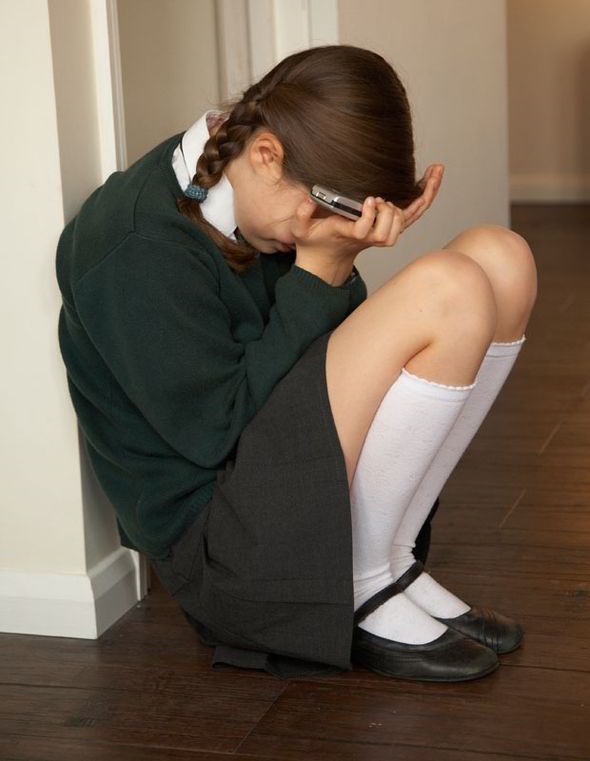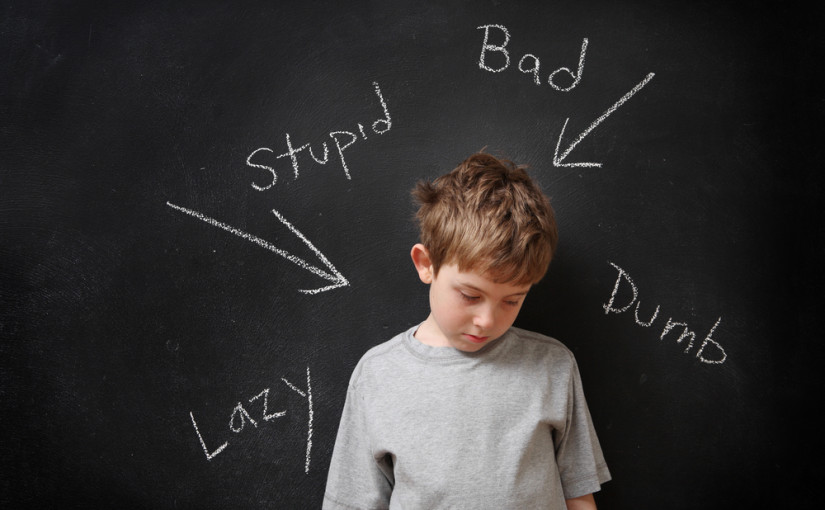Bullying Counselling.
Our Sessions are Effective, Confidential, and Secure.
Bullying may be defined as a persistent, deliberate attempt to hurt or humiliate someone.
Bullying Counselling: There may sometimes be misunderstandings about the meaning of the term‘bullying’: one-off incidents, may be very serious and must always be dealt with but do not really fall within the definition of ‘bullying’ which must be persistent. The information here has been prepared for the victims of bullying. However, the “bully” him/herself will also benefit from therapy by addressing the need for them to bully others and other issues. If you are or have been reasonably accused of bullying then you may benefit from seeking therapy.

Bullying Counselling
Types of bullying
There are various types of bullying, but most have three things in common:
1. It is deliberately hurtful behaviour.
2. It is repeated over time.
3. There is an imbalance of power or even a perceived imbalance, which makes it hard for those being bullied to defend themselves.


Bullying Counselling
May take various forms, including:
- Physical e.g. kicking, hitting, pushing, intimidating behaviour or interference with personal property.
- Verbal/Psychological e.g. threats, taunts, shunning/ostracism, name-calling/verbal abuse or spreading of rumours.
- Racist Bullying e.g. physical, verbal, written, on-line or text abuse or ridicule based on differences of race, colour, ethnicity, nationality, culture or language.
- Faith-based Bullying e.g. negative stereotyping, name-calling or ridiculing based on religion.
- Sexist Bullying e.g. use of sexist language or negative stereotyping based on gender.
- Sexual Bullying e.g. unwanted/inappropriate physical contact or sexual innuendo.
- Homophobic Bullying e.g. name-calling, innuendo or negative stereotyping based on sexual orientation or use of homophobic language.
- Disability Bullying e.g. name-calling, innuendo, negative stereotyping or excluding from activity based on disability or learning
difficulties. - Gifted/Talented Bullying e.g. name-calling, innuendo, ostracism or negative peer pressure based on high levels of ability or effort.
- Cyber Bullying e.g. abuse on-line or via text message, interfering with electronic files, setting up or promoting inappropriate websites and inappropriate sharing of images from webcams/mobile phones.
Bullying Counselling
Effective therapy after bullying for the victim should include:
Affirmation that you have been abused, that you are a damaged person and that you are not to blame for the bullying
Validation of your experiences
Help in dealing with any traumatic memories so that they no longer control you or take over your life
Help in understanding and managing any post-traumatic symptoms you may be suffering
Help in overcoming fears and anxieties – but without pressure to tackle things before you are ready and willing to do so
Why?
I’d suggest that bullying occurs due to the bully’s projected hatred/disgust of themselves.
As we are all people who need to be loved, cared for, taken care of etc, we don’t like to think of ourselves as being someone who is incapable of being loved. Whilst some of us do have these thoughts, others avoid such torturous ideas through a process known as a psychological defence. I’d suggest such a defence’s purpose might be:
…make sure that I don’t know about something that would cause me great pain if I were to become aware of it.
Being an unconscious defensive process, the bully psyche would be using projection to help the bully avoid recognising himself as being the person “in need” of being bullied. I mean ‘in need’ as being the bully’s psyche’s conclusion of what to do with the psychological pain the bully is carrying: destroy.

The bullying process continues whilst the bully’s defence continues to successfully keep the bully from recognising that it is himself he’s attacking through bullying.
I’d suggest this is why, anecdotally at least, it’s said that bullying parents create bullying children – the pain is passed down from parent to child … as is the way to deal with it.

So, bullying is taking place and now we have two people participating in the bullying: the bully (the initiating participant) and the bullied (the unwilling participant). The two have entered into a psychologically torturous relationship.
This relationship is why I suggest that both participants in the bullying are in need of help: the bullied because he (probably) didn’t see it coming, and the bully to help him understand (and then deal with) his own pain.
Like a hook-and-eye closure, both participants have something that makes the bullying relationship succeed; both are contributed (at some level) something to the bullying relationship. The bully contributes something so that he gets to avoid his own pain, and the bullied contributes something for the distress to take root. The bullied acts out the distress that the bully causes (and which may also be the distress that the bully himself is hoping to dispose of – psychologically he’s done it successfully by physical means).
To Book a Session:
Call: 604 202 7938

Issues Related...
Unfortunately, this issue continues to be an all-too-common occurrence in schools, online, and sometimes workplaces, and can have a lasting impact for the victim or survivor. Enduring bullying can affect a person’s mental health – whether they are a child or an adult. Repeated intimidation can really wear a person down and impact all areas of life.
Symptoms & signs that your child is experiencing bullying.
- Physical marks (bruising, scratches, cuts, etc.)
- Missing or damaged personal items (school supplies, money, personal possessions, etc.)
- Fear of attending school or other events where the bully may be present
- Withdrawing from other people or everyday life
- Misplaced aggression towards other people or family pets
- Openly or secretly planning revenge
- Attempting to overhaul their looks or life to blend in
- Avoiding situations or habits to avoid the bully
- Doing poorly in school
- Frequent headaches stomach aches or other physical complaints
- Changes in appetite
- Sleeping issues
When is it time to get help?
If you suspect your child is being bullied, you should have a conversation with them to see how things are going at school, or on the team, or in the band, etc. Ask them if they are getting along with all their friends, both in person at school and online. Talk with their teachers and school staff if necessary. Although school authorities can take steps to stop the bullying once it has started, the psychological scars can linger long after the abuse occurred and if your child is experiencing the emotional fallout from bullying, it’s time to seek help.


Adult.
Unfortunately, this issue is not something that is only experienced by children. Adults also bully and are victims of bullying in the workplace, in relationships, and in families. Workplace bullying, harassment, and discrimination is illegal in British Colombia. This is great news to stop bullying and improve psychological wellness in the workplace, but sometimes the damage is already done by time it’s realized for what it is.
Symptoms in adults are similar to those experienced in children – low self-esteem, anxiety, depression, changes in appetite, sleep disturbances, poor work performance, withdrawal from others, misplaced aggression, etc.
Adults will benefit by seeing a therapist to deal with this trauma.
What will I get out of treatment with Insight Psychological?
Whether you or someone you love are currently being bullied or have been bullied in the past with lasting psychological effects, DHP.Lazzaro Pisu can help you explore options to ease the burden, gain confidence, and move forward from this traumatic experience.
To Book a Session:
Call: 604 202 7938


